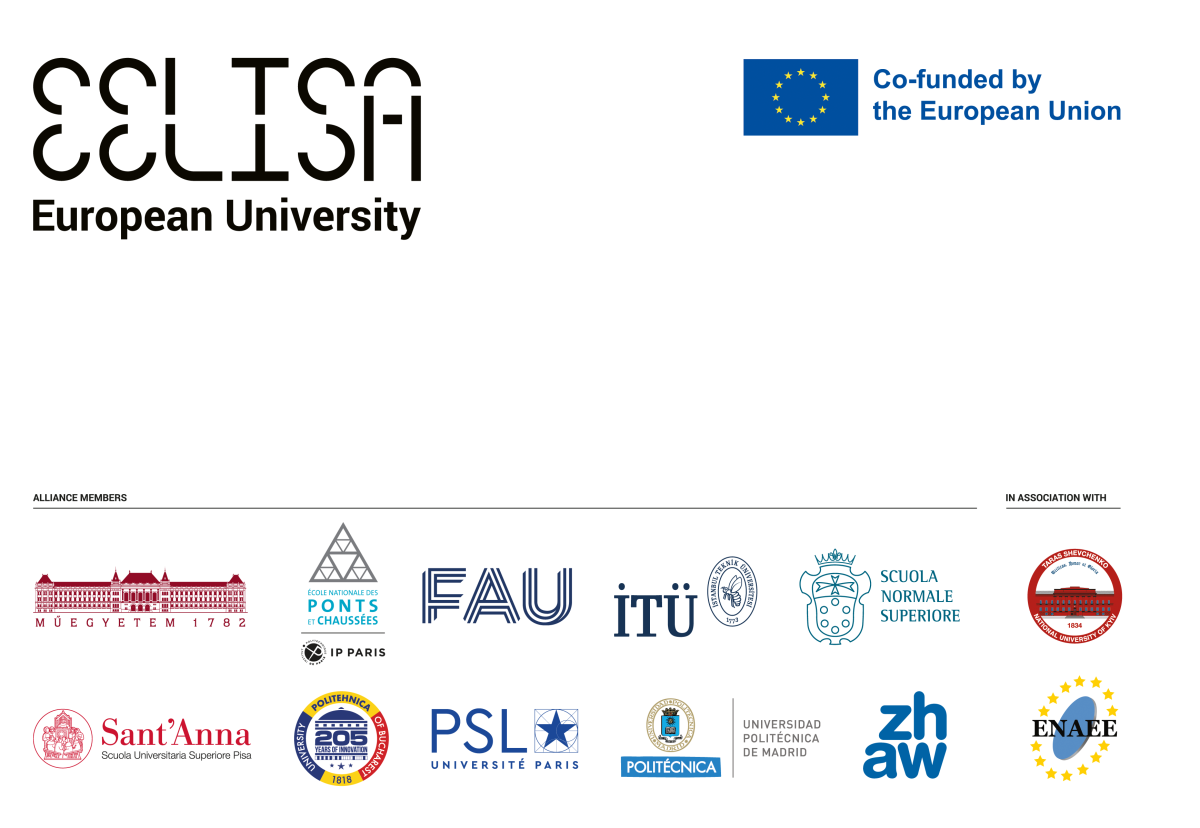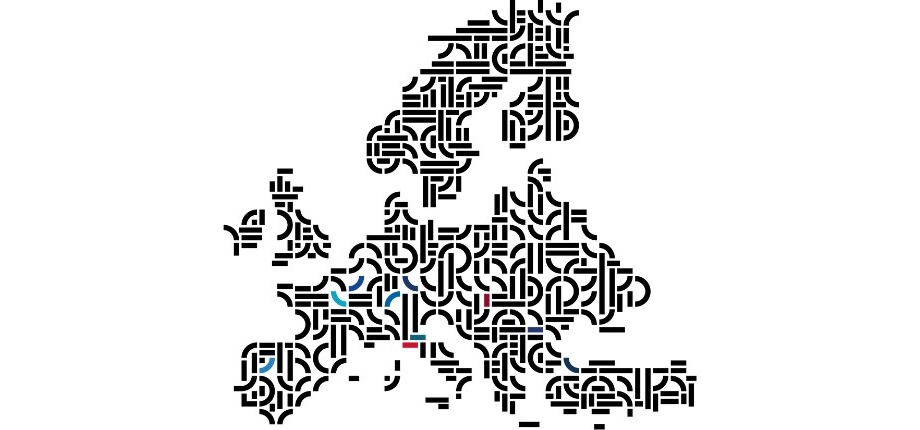Presentation
European universities are alliances of transnational higher education institutions which should enable students to obtain a degree by combining studies in several countries and thus contribute to the competitiveness of European higher education. The aim is to offer student-centred study programmes delivered jointly on inter-university campuses. EELISA, coordinated by the Polytechnical University of Madrid, offers a European model of engineering by broadening the scope in order to fully respond to contemporary societal challenges.
EELISA is intended to be a structuring project for the education of future European engineers by:
Defining and implementing a European engineering model focused on common skills needed to tackle technical and societal issues,
Removing the current constraints and obstacles to mobility and professional recognition on the continent,
Making partner institutions the driving force behind this transformation of European higher education.
The diversity of accreditations to issue the title of engineer in each European country is a brake to the mobility of students and engineers, while the need for training has never been greater. Energy and digital transitions require renewing curricula and teaching methods as well as promoting transdisciplinary approaches. The objective is therefore to have a European engineering diploma accredited which will recognize a high level of scientific knowledge, technical skills and societal impact.
An EELISA diploma supplement may also be awarded: a common European approval which will complement the instruments of each partner institution. This supplement will specify the activities, courses, and mobility periods offered for our students.
The engagement of students and their impact on society will be measured by a diploma that all will obtain following participation in learning communities to certify their ability to identify and understand social challenges and to contribute to sustainable solutions.
For the École nationale des ponts et chaussées, this is an opportunity to promote at the European level the ingredients of French-style engineering training, and to help bring to the European level the challenges of its supervisory Ministry.
- Budapesti Műszaki és Gazdaságtudományi Egyetem (Hungary)
- École nationale des ponts et chaussées (France)
- Friedrich-Alexander-Universität Erlangen-Nürnberg (Germany)
- İstanbul Teknik Üniversitesi (Turkey)
- Scuola Normale Superiore (Italy)
- Scuola Superiore Sant’Anna (Italy)
- Universitatea Politehnica din Bucureşti (Romania)
- Université Paris Sciences et Lettres (France)
- Universidad Politécnica de Madrid (Spain) - EELISA coordinator
- ZHAW Zürcher Hochschule für Angewandte Wissenschaften (Switzerland)

THE ALLIANCE MEMBER PARTNERS
Budapesti Műszaki és Gazdaságtudományi Egyetem (Hungary)
École nationale des ponts et chaussées (France)
Friedrich-Alexander-Universität Erlangen-Nürnberg (Germany)
İstanbul Teknik Üniversitesi (Turkey)
Scuola Normale Superiore (Italy)
Scuola Superiore Sant’Anna( Italy)
Universitatea Politehnica din Bucureşti (Romania)
Université Paris Sciences et Lettres (France)
Universidad Politécnica de Madrid (Spain) – EELISA coordinator
Zürcher Hochschule für Angewandte Wissenschaf (Switzerland)
four two associated partners :
ENAEE (European Network for Accreditation of Engineering Education), provides its experience of European cooperation
Taras Shevchenko National University of Kyiv (KNU), expands the opportunity for collaborative projects, especially those addressing challenges related to the ongoing war in Ukraine.
The University of São Paulo in Brazil
The Technical University of Moldova in the Republic of Moldova
EELISA has received co-funding from the European Union under GA No. 101124676. EELISA is co-funded by the European Union, views and opinions expressed are however those of the authors only, and do not necessarily reflect those of the European Union or the European Education and Culture Executive Agency (EACEA). Neither the European Union nor the EACEA can be held responsible for them.

